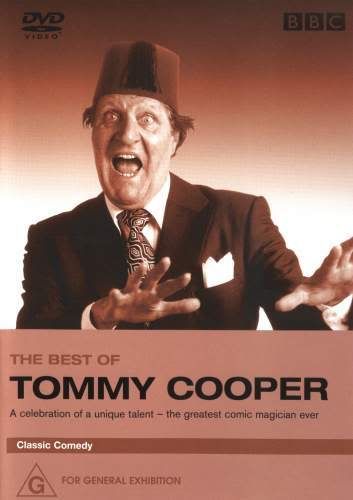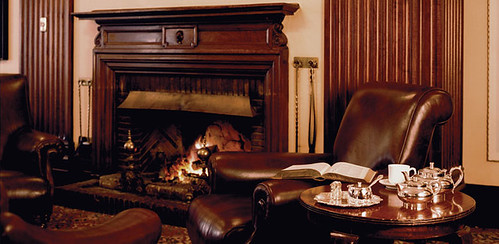Hundreds of thousands hit by vomiting bug
— Headline, The Telegraph, Jan. 3
— Headline, The Telegraph, Jan. 3
Pity the poor British. Their country is a crime scene, immigration a disaster, the trains don't work, etc., etc. But this is really too much.
Have you ever seen a bug vomit? It's just disgusting. And to add injury to insult, it's going around hitting people by the hundreds of thousands.
The Home Office said in a statement, "We have no record of the whereabouts of this bug, but in any case it will be permitted to remain in the country until its plea for asylum is adjudicated, which we expect will be completed by 2015, unless the bug chooses to appeal an unfavourable ruling."
Have you ever seen a bug vomit? It's just disgusting. And to add injury to insult, it's going around hitting people by the hundreds of thousands.
The Home Office said in a statement, "We have no record of the whereabouts of this bug, but in any case it will be permitted to remain in the country until its plea for asylum is adjudicated, which we expect will be completed by 2015, unless the bug chooses to appeal an unfavourable ruling."














